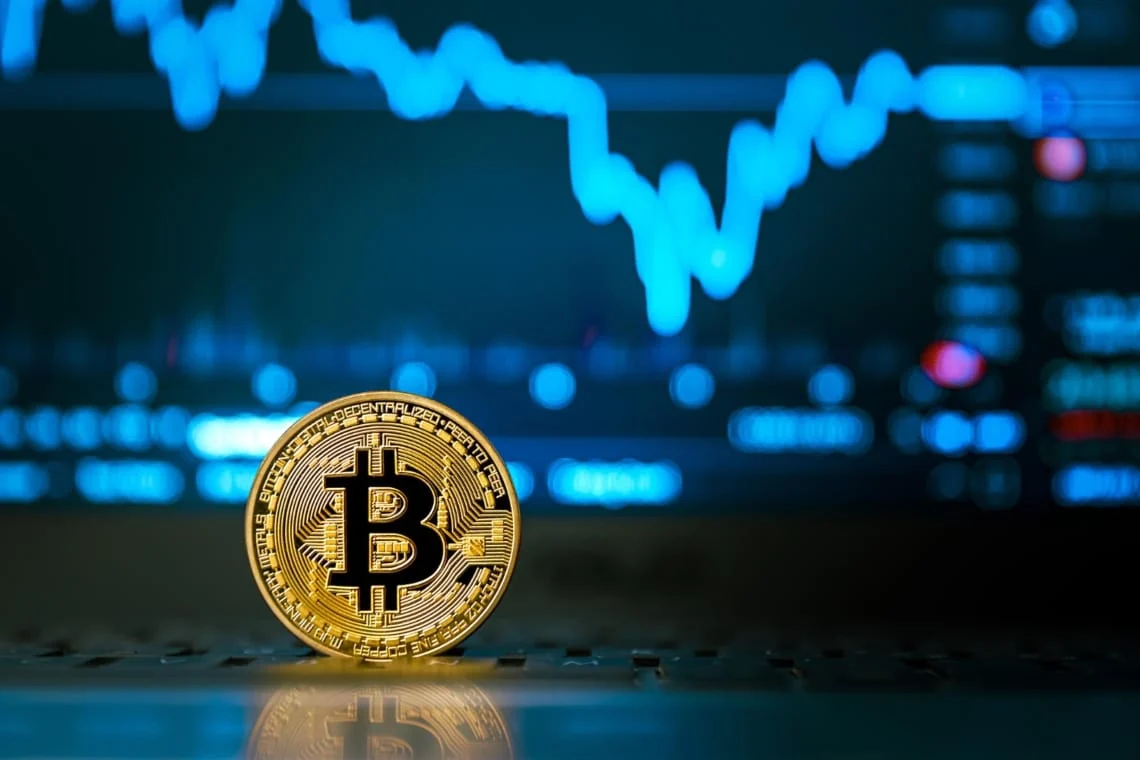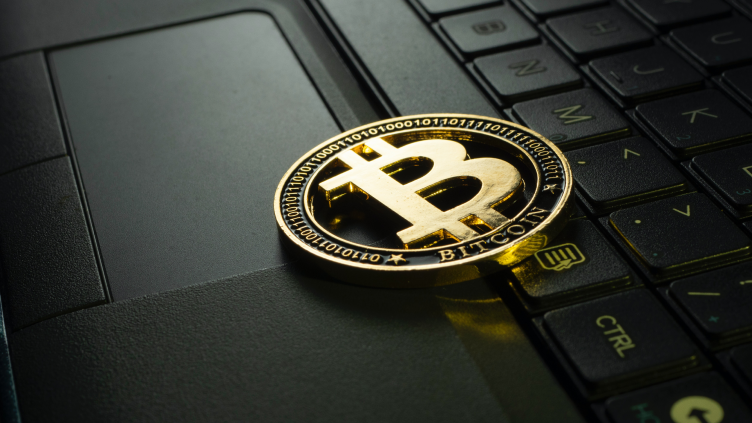Tracking Crypto Trends in Nigeria
As of March 16, 2025, the cryptocurrency market in Nigeria continues to show significant activity, with Bitcoin (BTC), Ethereum (ETH), and Solana (SOL) maintaining strong positions. The exchange rates for these digital assets against the Nigerian Naira (₦) reflect the growing interest and adoption of cryptocurrencies in the country. Here’s a breakdown of the latest prices and what they mean for investors and enthusiasts.
Current Crypto Prices in Nigeria
Here are the latest exchange rates for popular cryptocurrencies as of 4:00 PM on March 16, 2025:
- 1 USDT (Tether): ₦1,550.0
- 1 BTC (Bitcoin): ₦137,321,030.02
- 1 ETH (Ethereum): ₦2,891,492.28
- 1 SOL (Solana): ₦197,962.92
These prices highlight the dynamic nature of the crypto market, with Bitcoin leading the pack as the most valuable digital asset, followed by Ethereum and Solana.
Bitcoin (BTC): The Gold Standard of Crypto
Bitcoin, often referred to as digital gold, continues to dominate the cryptocurrency market. At ₦137,321,030.02 per BTC, its value reflects its status as a store of value and a hedge against inflation.
Why Bitcoin Matters:
- Store of Value: Bitcoin’s limited supply (21 million coins) makes it a popular choice for long-term investment.
- Global Adoption: Increasing acceptance by institutions and governments has bolstered Bitcoin’s credibility.
- Volatility: While Bitcoin’s price can be volatile, its long-term growth trajectory has attracted both retail and institutional investors.
Ethereum (ETH): The Backbone of Decentralized Finance
Ethereum, priced at ₦2,891,492.28 per ETH, remains a key player in the crypto space, particularly due to its role in decentralized finance (DeFi) and smart contracts.

Why Ethereum Matters:
- Smart Contracts: Ethereum’s blockchain enables the creation of decentralized applications (dApps) and smart contracts, revolutionizing industries like finance, gaming, and supply chain.
- Ethereum 2.0: The transition to a proof-of-stake (PoS) consensus mechanism has improved scalability and energy efficiency, making Ethereum more sustainable.
- DeFi Ecosystem: Ethereum hosts the majority of DeFi projects, driving innovation and attracting significant investment.
Solana (SOL): The Rising Star
Solana, priced at ₦197,962.92 per SOL, has emerged as a strong competitor to Ethereum, offering faster transaction speeds and lower fees.
Why Solana Matters:
- High-Speed Transactions: Solana’s blockchain can process up to 65,000 transactions per second (TPS), making it ideal for high-frequency trading and decentralized applications.
- Low Fees: Compared to Ethereum, Solana offers significantly lower transaction fees, attracting developers and users.
- Growing Ecosystem: Solana’s ecosystem has seen rapid growth, with numerous projects launching on its blockchain, including NFTs, DeFi platforms, and gaming applications.
USDT (Tether): Stability in a Volatile Market
Tether (USDT), a stablecoin pegged to the US dollar, is trading at ₦1,550.0 per USDT. Stablecoins like USDT play a crucial role in the crypto market by providing a stable store of value and facilitating seamless transactions.
Why USDT Matters:
- Price Stability: USDT’s value is tied to the US dollar, making it less volatile than other cryptocurrencies.
- Liquidity: USDT is widely used for trading and transferring value across exchanges.
- Hedging Tool: Investors often use USDT to hedge against market volatility.
What These Prices Mean for Nigeria
The growing adoption of cryptocurrencies in Nigeria reflects a broader trend of financial innovation and inclusion. Despite regulatory challenges, Nigerians are increasingly turning to digital assets for investment, remittances, and as a hedge against inflation.
Key Takeaways:
- Investment Opportunities: Cryptocurrencies offer Nigerians an alternative investment avenue, especially in a high-inflation environment.
- Remittances: Crypto provides a faster and cheaper way to send and receive money across borders.
- Financial Inclusion: Digital assets are empowering Nigerians who lack access to traditional banking services.
Challenges and Risks
While the crypto market presents opportunities, it also comes with risks:
- Regulatory Uncertainty: The Nigerian government’s stance on cryptocurrencies remains unclear, creating uncertainty for investors.
- Volatility: Crypto prices can fluctuate dramatically, leading to potential losses.
- Security Risks: The risk of hacks and scams remains a concern for crypto users.
Navigating the Crypto Landscape
The latest crypto prices in Nigeria highlight the growing importance of digital assets in the country’s financial ecosystem. Whether you’re a seasoned investor or a curious newcomer, understanding the market dynamics and staying informed is key to navigating the crypto landscape successfully.
Read also:Crypto Market Update: Fresh Exchange Rates in Nigeria – March 14, 2025
As the market continues to evolve, Nigerians have an opportunity to leverage cryptocurrencies for financial growth and inclusion. However, it’s essential to approach this space with caution, conduct thorough research, and stay updated on regulatory developments.
















Got a Questions?
Find us on Socials or Contact us and we’ll get back to you as soon as possible.